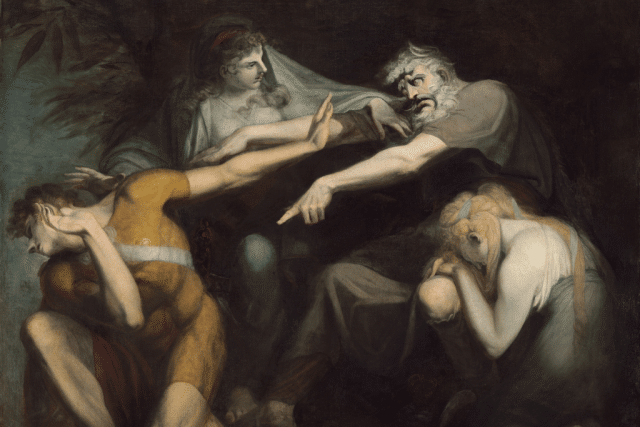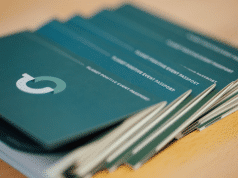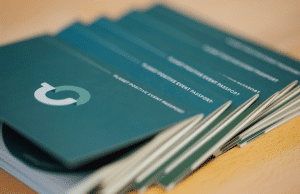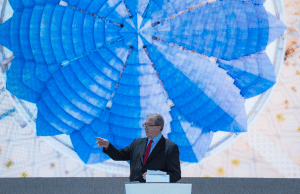Is ChatGPT capable of writing its own Antigone?
After I watched the timeless drama for the second time, the play’s ideas again rang out in my mind, connecting me to the current zeitgeist. Antigona by Dominik Smole opens up questions that we, as individuals and society, should ask ourselves. Listening attentively to the phenomenal actors on stage, whose every accentuation and word counts, instils hope and trust in me that human empathy has immeasurable power. The author wrote this extraordinary work at a petrol station. This urban legend proves social intelligence, emotions, and creativity are human characteristics that no algorithm, no matter its intelligence, can surpass or replace.

After returning from the theatre play, teeming with impressions, an idea engrossed me. I wanted to see how many texts sent to our editorial board by various colleagues in the meetings industry were AI-generated. I analysed them with the help of GPT Zero, a tool I consider to be the most precise when assessing a text’s originality. Edvard Tian, a student at Princeton University, created the tool. To start with, I checked 20 press releases. Surprisingly, 82% of the PRs had been written without any help of AI. However, 18% of the press releases had evidently relied on texts generated by ChatGPT. There was an unmissable correlation between a brand’s reputation and the credibility of human-written press releases. I further analysed texts posted on social media platforms. Almost 30% of them had been written by artificial intelligence. Although the sample is too small to draw credible, scientifically sound conclusions, it confirms one of the findings by the Gartner consultancy company:
- By 2035, an estimated 30% of marketing texts will be generated by AI (2% today)
- By 2030, an incredible 90% of blockbuster films will be generated by AI (0% today)
I am on the fence about whether such research is trustworthy. Still, it goes without saying that artificial intelligence is irreplaceable today when translating texts, bolstering ideas, discerning the meaning of photos and whatnot. For this purpose, I use ChatGPT myself. I see it as a tool that helps me further develop, improve or enrich an idea. That speeds up the process of writing and creating a story. Nonetheless, I remain an ardent advocate that human authors are incomparably more creative and imaginative than AI.
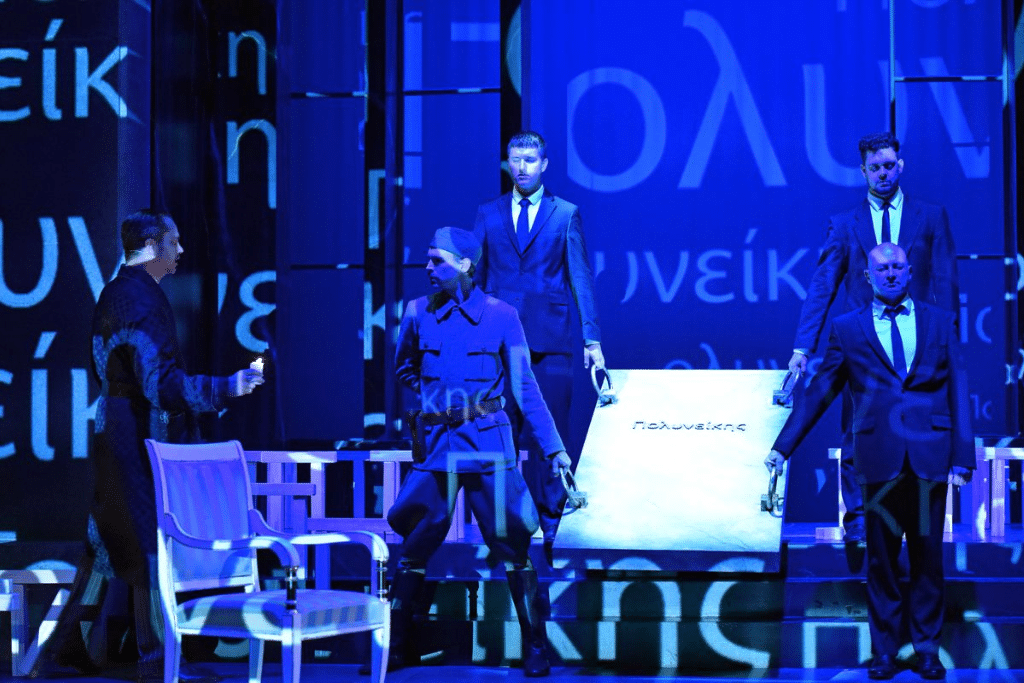
Technological Creons rule the world
- Repetition of keywords: using the same phrases is a typical use of filler words that human authors tend to avoid or omit.
- Lack of depth in writing: AI-generated texts do not go beyond basic facts and figures that offer no insight. The stories are similar to cliche novels, one resembling the other.
- False information: sources and literature listed by AI are often inexcusably fictitious and outdated, limited to information published online before 2021.
- Text structure: sentences are usually short, plain, synthetic and sound utterly generic.
As I contemplated the role of AI, I remembered a few lines Creon uttered: “We will die; what happens then? – said he. Then they started losing themselves in the glass panel, painfully slowly, as if they were sinking in an unknown, dense liquid, most resembling nothingness…” I believe this part of the play is always interpreted differently by actors and audience members each time. Is that not the essence and charm of creative industries and art – to immerse ourselves in a story without reservations? ChatGPT, on the other hand, fails to include personal experiences, emotions or beliefs. At least for now, I see no sign that it will do so anytime soon.
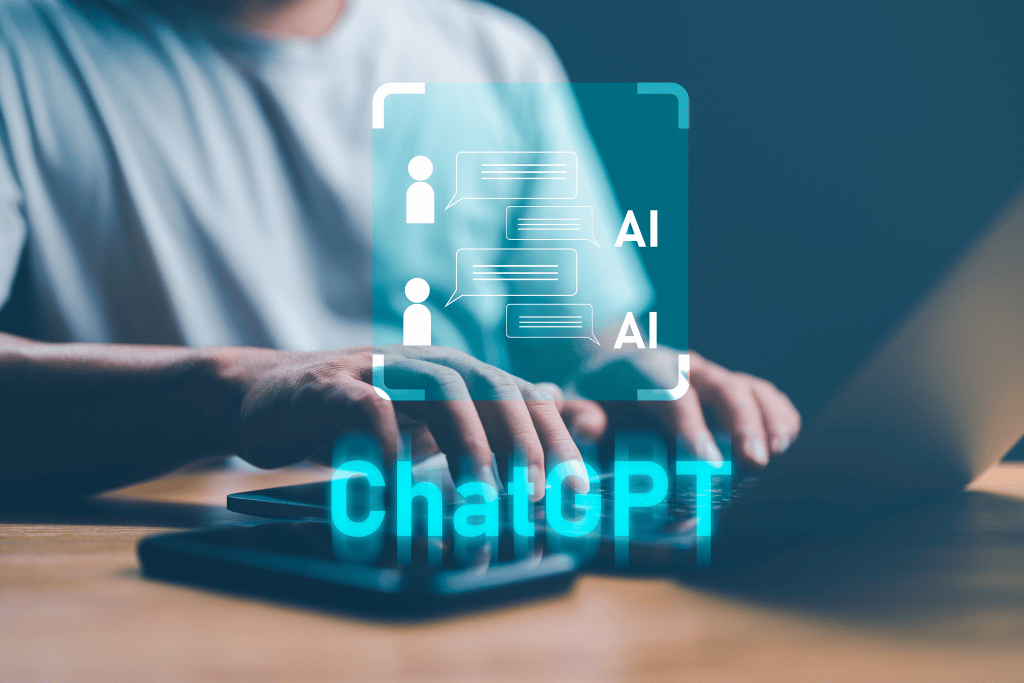
We must become aware of the limitations of technology. More importantly, we should protect copyrights. At the recently concluded international Frankfurt Book Fair, European publishers signed a statement appealing to the European Union to act. The list of authors whose works and names have been used by artificial intelligence ranges from Murakami to Jonathan Frazer. AI never asked them for their consent to use their works. That is why I am delighted that the EU will pass the Artificial Intelligence Act by the end of the year.
Turbulent times where technological Creons rule the world are upon us. We should not blind ourselves and portray such Creons as humans. They are mass manipulators who only have private interests. Open letters from soulless technological Creons are a thread of cynical thoughts that mask hidden agendas. Therefore, we desperately need a determined Antigone who will champion AI regulations. The challenges of artificial intelligence prompt us to answer questions focusing on the world order today and tomorrow.
Editorial by Gorazd Čad


